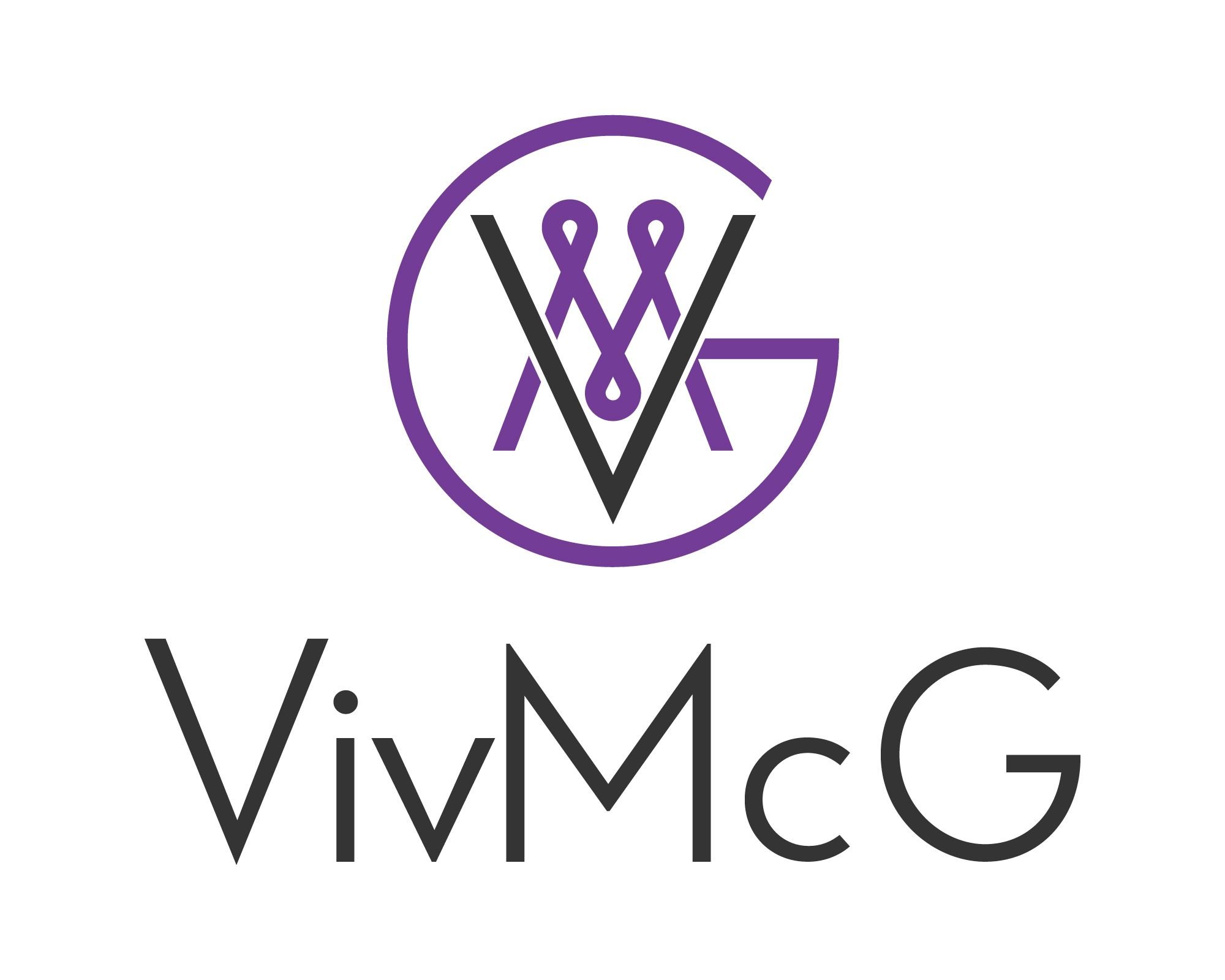gratitude and your mental well-being

Can, and does, gratitude positively change and impact a person's mental well-being?
Read on to find out more...
Over recent years a stronger spotlight has been shone on, what used to be a taboo topic, mental well-being. Thanks to high-profile people, including royalty, stepping forward and speaking up about their personal mental health struggles, the conversation about mental health and well-being is more out-in-the-open and people are beginning to understand and appreciate that mental health is an illness, just like any physicall illness.
However, even with people beginning to talk more about mental health and mental well-being challenges, it remains one of the most neglected areas of health on a global scale. This was true prior to the arrival of Covid-19 and has become even more of a challenge during Covid-19 causing mental health cases to rise as people experienced the negative side-effects of lockdowns, isolation, and lack of socialisation, redundancy. At the same time, as mental health cases and needs increased, mental health services in 93% of countries worldwide were disrupted or even halted during the pandemic.
Shocking, isn't it?
With the world being turned on its head with the onset of Covid-19, with the need to adjust to new, radical and very limiting ways of living, even those who believed they had a strong and healthy mental well-being, began to feel the pressure.
However, not all's lost. There is hope and there is light.
With the increase in mental health challenges and struggles, has also come an increase in research and studies. And many studies have shown that the simple act of expressing gratitude can have quite a profound and positive effect on your mental well-being.
In the past, studies which focused on the impact of gratitude on your mental well-being were mostly conducted with 'well-functioning' people, those deemed to have a relatively positive mental well-being. And whilst studies showed that people who consciously count their blessings tend to be happier and less depressed, the question if gratitude could be beneficial for people who struggle with mental health concerns, still lingered.
The Greater Good Science Center, under the sponsorship of the John Templeton Foundation, attempted to answer that question in a study they ran involving nearly 300 adults, mostly college students who were seeking mental health counseling at a university.
In the study, each participant was randomly allotted to one of three possible groups. All three groups received counselling, however one group was also instructed to write a letter of gratitude to another person each week for three weeks, a second group was asked to write about their deepest thoughts and feelings about negative experiences, and the third group did not partake in any writing activity.
The study found that those students who had written about gratitude reported significantly better mental health which they continued to experience some 12 weeks after their writing exercise ended.
The researchers also concluded that gratitude letter writing produces better mental health through shifting your attention away from toxic emotions, such as resentment and envy. When you write about how grateful you are to others and how much other people have blessed your life, it tends to become considerably more challenging to spend time contemplating and focusing on your negative experiences.
The researchers also determined that gratitude can help your mental well-being even if you don't share your gratitude with others. The group who had been asked to write their weekly letter were not required to send it to the person to whom they wrote it. Whilst some did (23% of that group), most didn't. Even so, those who didn't send their letters still enjoyed the benefits of expressing their gratitude.
The final conclusion of the researchers was that the benefits associated with gratitude take time and accrue over a period of time. Like anything in life, gratitude is not a quick fix. However, it should be noted that the benefits of expressing their gratitude was enjoyed within a mere 4 weeks; a relatively short time, considering.
What does this mean for you?
Research has now demonstrated that developing a gratitude practice, whatever that may look like for you, has a profound and positive impact on your mental well-being. With more and more people struggling with mental health, with mental health becoming a pandemic in itself, gratitude is a simple, practical, and realistic exercise that can keep you ahead of the wave and your head above water.
